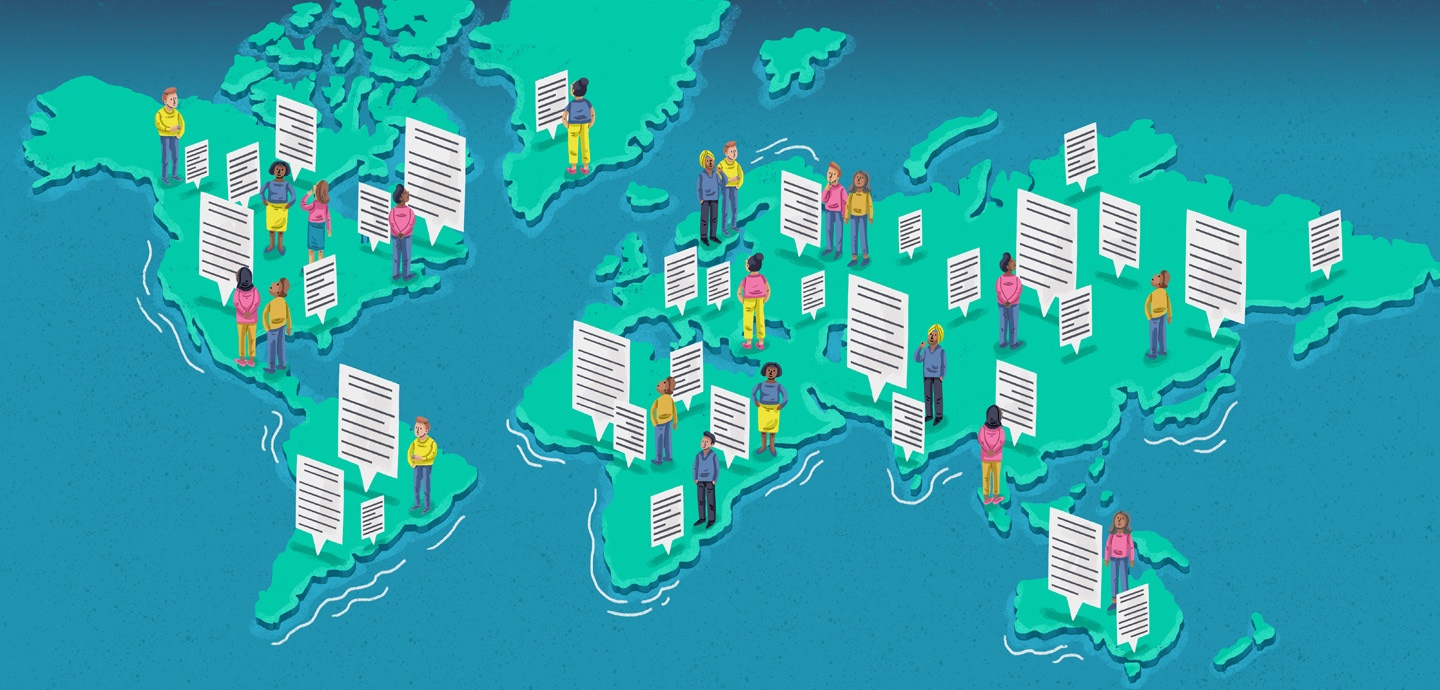Work Package 1.1

About:
This WP will map existing legislation, official policy statements and programmes, and financial incentives that relate to N use and impact. Stakeholder analysis, using the Kingdon's framework will help explain enabling contingencies for policy shifts: when three independent streams – problems, policies and politics – come together. ‘Conditions,’ like poor health indicators or evidence of polluted water and air become ‘problems’. Experience shows that successful reforms depend on the strategies and actions of specific policy entrepreneurs. ‘Policies’ cannot be developed in the absence of sets of possible solutions; ‘Politics’ matter: elections, protests or international attention encourage politicians to focus their attention on the issue at hand. Using this framework to guide data collection, WP1.1 will first analyse N-relevant policy-making in SACEP member states, considering the mutually interacting sources of influence. It will also draw on the considerable resource that hub partners embody in terms of detailed knowledge of local and global policy contexts. The strategy will allow snowballing to find and interview key individuals (drawing on RPs 2 & 3). Products will include Working Documents and Peer Review papers on nitrogen policy, history and options in SA, addressing the level of effectiveness, views on desirable change in policies, and appetite for change by the driving actors.
Work package level Specific objectives:
- Creation of a South Asia network of policy actors in nitrogen-relevant arenas by June 2020
- A South Asia Nitrogen Policy agreed by 2022
- National Nitrogen Policies adopted by SACEP member countries by 2024
Work package level-specific questions or hypotheses:
- What are existing nitrogen-relevant policies in each country, and where are the gaps?
- What is the policy landscape in terms of the dispositions and alignments of key actors - what are the forums where they interact, who is benefiting from the current situation, who is bearing the costs?
- Where and why is the salience of policies relevant to increasing (or not)?
- What co-benefits might be perceived from taking action on nitrogen at local, national or regional levels?
- In which arenas would interventions be achievable and significant?
- What are the main barriers to collective action to reduce nitrogen-related effects across the region, and how might they be overcome?
Work Package Leads:
- Raghuram (SIT)
- Roger Jeffery (UoE)
Partners:
- CEH
- University of Edinburgh
- SRUC
- Plymouth Marine Lab
- Nourish Scotland
- KIIT
- University of Kathmandu
- University of Perideniya
- TERI
- BSMRAU
- University of Faislabad
- SACEP
- SCON
